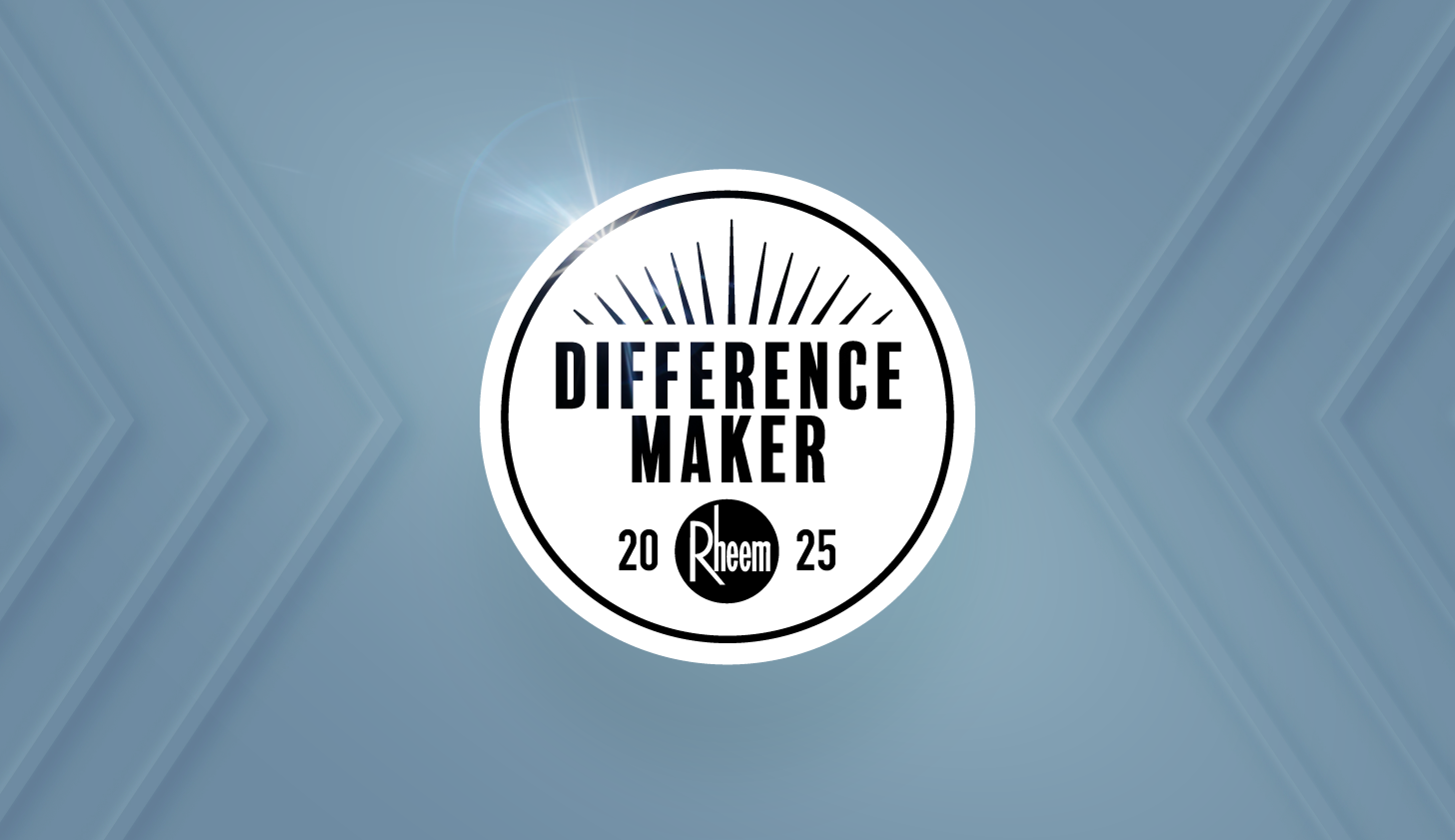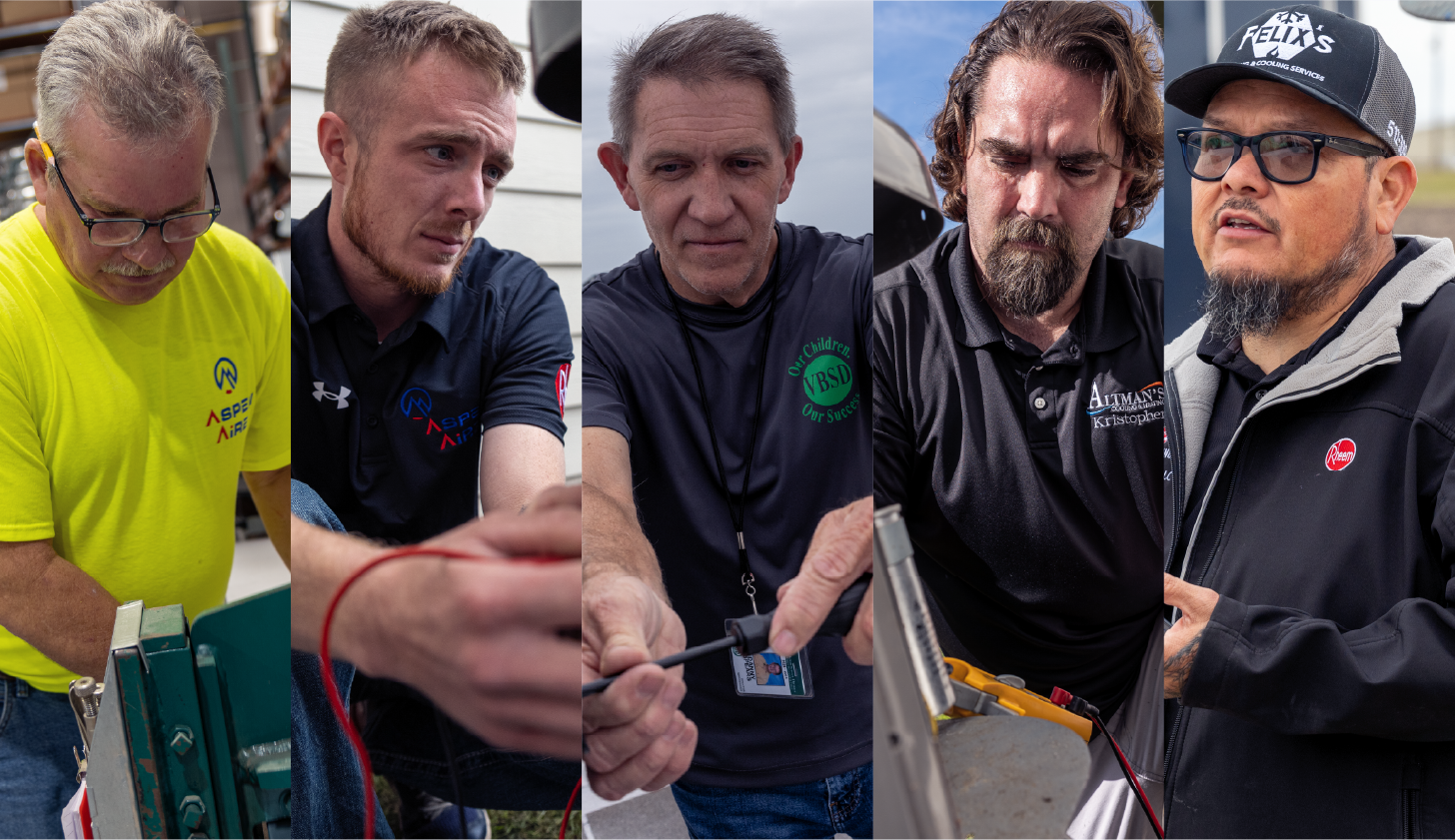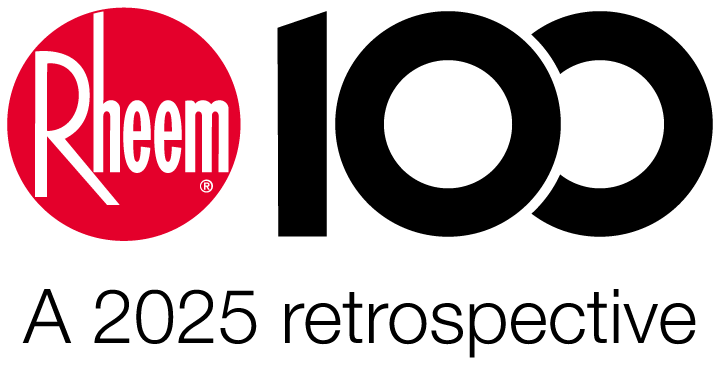HVAC Industry Changes to Have on Your Radar—and How You Can Prepare
August 14, 2025



In the trades, training never stops.
Back in 2019, Rheem set a goal of training 250,000 trade professionals on sustainable products, installations, and best practices by 2025. Rheem reached this goal three years early in 2022, and as of this year has trained 693,267 plumbers, contractors, and other key industry players—and the number keeps growing as the trades continue to shift and grow.
Low-GWP refrigerants, decarbonization, electrification, PFAS, packing recycling laws—upcoming regulatory changes move way beyond energy efficiency and will require contractors, and the entire industry, to stay in the know.
We asked Jose De La Portilla, senior manager of education and training at Rheem, and Chase Blanton, manager, sales support, about the HVAC industry changes contractors should know for the months ahead. Here’s what they said.
What challenges do upcoming regulatory and industry changes pose to contractors?
Jose De La Portilla: As efficiency and refrigerant regulations continue to evolve, the equipment being installed is becoming increasingly advanced. These changes require contractors to ensure their teams are properly trained to meet new standards. With technology advancing at such a rapid pace, staying up to date demands continuous learning and adaptation.
Chase Blanton: One of the largest challenges, in my opinion, comes from how these changes impact products. When regulations change, it often means that products are affected, which can alter many aspects of an installation or servicing technician’s everyday practices. This necessitates a relearning of new practices, which can be quite demanding and time-consuming.
How can contractors solve and prepare for these challenges?
De La Portilla: To keep pace with evolving energy and refrigerant regulations, contractors must invest in continuous training for their teams. A combination of hands-on, in-person instruction and flexible online learning ensures technicians are equipped with the latest knowledge and skills to meet compliance standards and work efficiently with modern HVAC system.
To truly adapt to the evolving HVAC landscape, contractors must foster a culture of continuous learning across their entire organization—not only among technicians but also within sales and administrative teams. When everyone is educated on the latest technologies, regulation, and best practices, the entire company can communicate consistent, accurate messages to customers, building trust and delivering a more unified service experience.
Blanton: Contractors can solve the challenges posed by regulatory and industry changes by investing in continuous training and education, adapting to new technologies, encouraging collaboration and communication among team members, and leveraging available resources for valuable insights and guidance.
How can contractors promote a culture of training and learning?
De La Portilla: Creating a culture of learning starts with inspiring your team to grow—not only through financial incentives but also by recognizing effort, celebrating achievements, and making learning a shared value. Contractors can motivate their technicians, sales staff, and administrative teams by offering rewards like digital badges, public recognition, career development opportunities, and team challenges. When employees feel valued and supported in their growth, they’re more likely to strive for excellence and contribute to a stronger, more unified business.
Blanton: I see five key ways contractors can promote learning and adapt their businesses to stay on top of industry changes:
-
- Continuous Training Programs: Establishing regular training sessions to keep technicians updated on the latest regulations and industry standards. This includes regularly updating training to ensure that all team members are aware of the latest regulations and industry standards.
- Encouraging Lifelong Learning: Fostering an environment where continuous learning is valued and supported. This can include providing access to online courses, workshops, and certifications.
- Recognition and Rewards: Implementing a system to recognize and reward employees who actively participate in training and learning activities. This can motivate others to follow suit.
- Mentorship Programs: Creating mentorship opportunities where experienced technicians can guide and support newer team members in their learning journey.
- Open Communication: Encouraging open communication about the importance of training and learning and providing platforms for employees to share their knowledge and experiences.
What training resources are available?
De La Portilla: Contractors can stay ahead of refrigerant and equipment changes by attending hands-on training through our trusted local distribution partners. For added flexibility, Rheem Academy offers online training available 24/7, making it easy for your entire team to stay current, confident, and prepared for the future.
Blanton: Contractors should also make use of industry publications, training materials, and expert consultations to stay informed about upcoming changes and how to handle them effectively.






